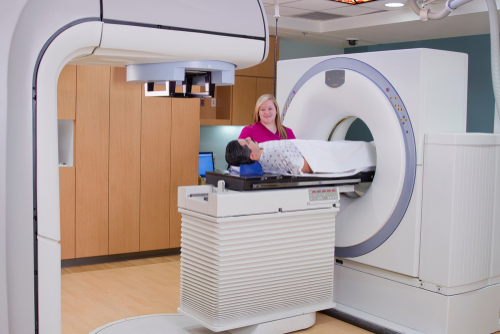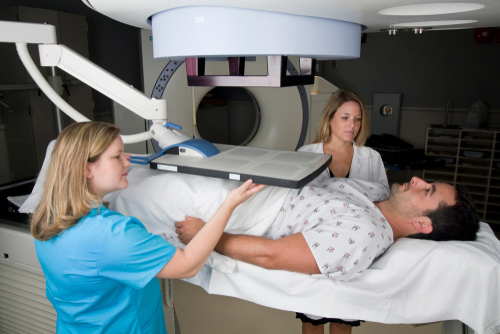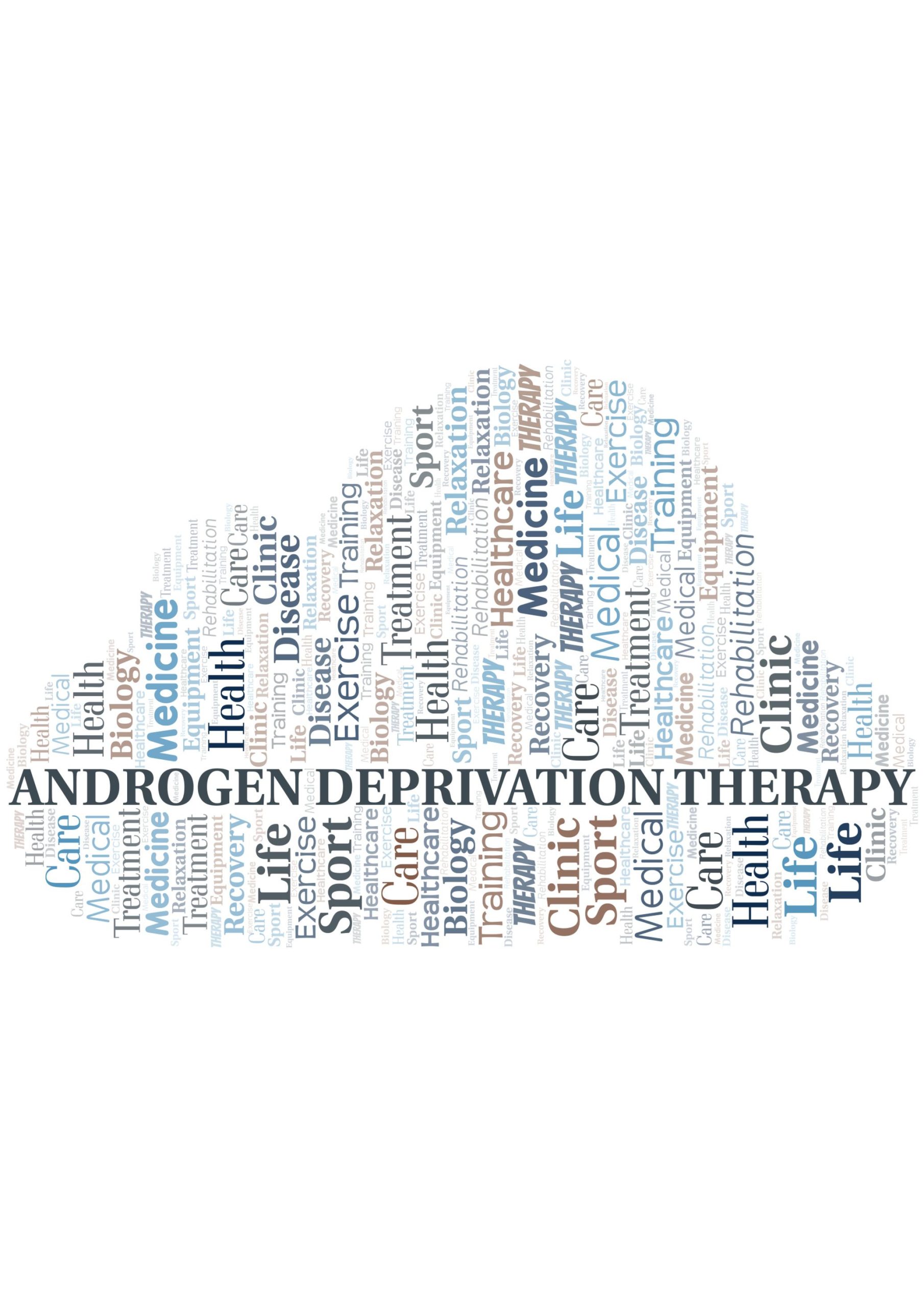ASTRO 2022: Focus on Prostate Cancer
In-depth coverage of the ASTRO 2022 Annual Meeting, with a special focus on prostate cancer
RGPT is reliable in terms of safety and short-term clinical outcomes in patients with prostate cancer.
Researchers assessed the kinetics of PSMA PET uptake in prostate cancer lesions following radiation therapy.
HDR brachytherapy as a salvage local therapy in prostate cancer has pros and cons.
Researchers observed that patients with prostate cancer with high ATM have worse outcomes.
A study compared the use of different radiation therapy (RT) techniques in prostate cancer.
Dose-intensified radiation therapy does not yield increased survival in prostate cancer compared with today treatment.
The risk of biochemical failure (BF) increases over time for patients with prostate cancer initially treated with radiation.
A new study shows that lower facility-level PSA rates are linked with higher rates of metastatic prostate cancer.
A study assessed Ga-68-PSMA PET/CT as a biomarker in prostate cancer.
A study identified the optimal androgen deprivation therapy (ADT) duration to enhance survival in prostate cancer.
PSMA PET is an important tool for postoperative treatment planning in prostate cancer (PCa) according to a study.
Advertisement












 © 2025 Mashup Media, LLC, a Formedics Property. All Rights Reserved.
© 2025 Mashup Media, LLC, a Formedics Property. All Rights Reserved.